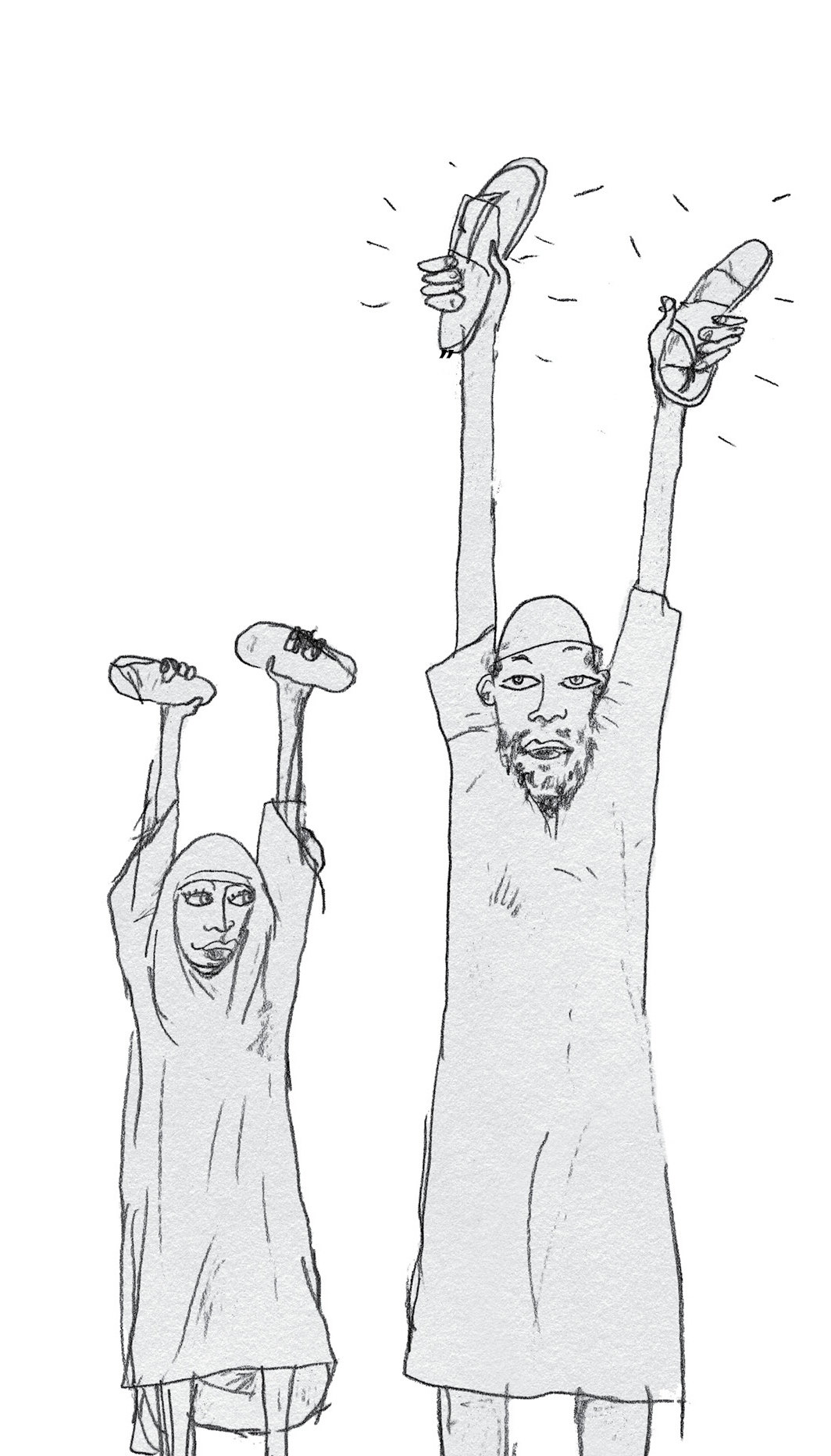It is March and in the United States, that means that it is Women’s History Month. It’s beginnings trace back to 1911. Women and our existence traces back to the beginning of time. No one can tell a woman’s story like a woman and there are many stories that have gone untold for centuries. Sure, we’ve been portrayed as mothers and daughters. We know that we’ve existed as astronauts doctors and athletes. America loves these stories, these Cinderella stories of women on a “come up.” Not often enough do we hear of our bravery and triumphs in a way that doesn’t belittle us to a trophy yet again.
It is a sweet, sweet joy when you come across a story that is more. A story of triumph that doesn’t turn it’s young woman into a trophy. A story of a young woman’s dreams that don’t include a prince or a sweet savior. A story of a woman of color not born of this land that I share a hate/love relationship with, but one of her own. The Red Pencil by Andrea Davis Pinkney is a beautiful and courageous young adult fiction novel that is joyful, challenging and endearing.

The Red Pencil weaves the tale of a young Sudanese woman with big dreams. She lived in her small village with her family until the Janjaweed attacked. She and her family were uprooted, not unlike the many happenings of today. Finding safety doesn’t mean that life becomes easier. Adjusting to this change and fitting her new and big dreams into this new life in a refugee camp created struggles. That is, until the red pencil. The red pencil in this story signifies hope and her dreams for a different type of education are re-imagined with the help of an elder.
What I love most about this story is that way that it is written. There are no chapters, though it is written in two parts. The story is woven by a poetic thread that is only enhanced by the penciled illustrations of Shane W. Evans. The way that it is written will help you to navigate the conversation and the vocabulary. I think it is a wonderful way for the author to allow us to take our breath and to slowly but surely digest all that we are being fed. Pinkney even gives us a small glossary and list of the correct pronunciations of words. Not only that, the author does not shy away from allowing Amira’s faith and the faith of her family to not only shine and lend a lense into their lives, but to resonate. It isn’t an easy feat for an author to make religion and faith stand out as more than just a character trait, especially in young adult fiction. Amira and her family are unapologetically Sudanese and Muslim and beautiful.

The amount of research that it took for Pinkney to do Amira and her story justice should not be remiss. In her own blog post, she speaks of the way the stars aligned for her writing of The Red Pencil and the tutelage she received.
Personally, I am always fascinated by father-daughter relationships in stories. The relationship the Amira shares with her father, Dando, is endearing. They are two peas in a pod and when both peas are strong and strong willed, that space between them can open and close dramatically. Their love is not a challenging our arduous love, however. It is pure and it is intentional.
There is so much more to The Red Pencil than any other YA or children’s literature that I’ve read recently. If you’re looking for the “girl of color” version of The Diary of Anne Frank, this ain’t it. Amira is her own person and her family has it’s own story. This family’s refugee camp experience isn’t one to be whitewashed. Soup can soccer, hidden yams, tears, twigs and the red pencil all belong to Amira and her story.
Amira’s is a story that stands on it’s own, while never standing alone. It is a story that you need to read and experience for yourself. This is a story that everyone living under the presidency of 45 must understand. There is love and heartache here. There is joy and new life in this book. There is sorrow. There is death. There is reality. There is a reality that those of us privileged to have not experienced this type of uprooting need to understand and make ways for our children to begin to understand. If you’ve never figured out a way to discuss immigration with your students, children or friends, picking up The Red Pencil is a good start.
Are you following Black Nerd Problems on Twitter, Facebook, Tumblr or Google+?



Show Comments